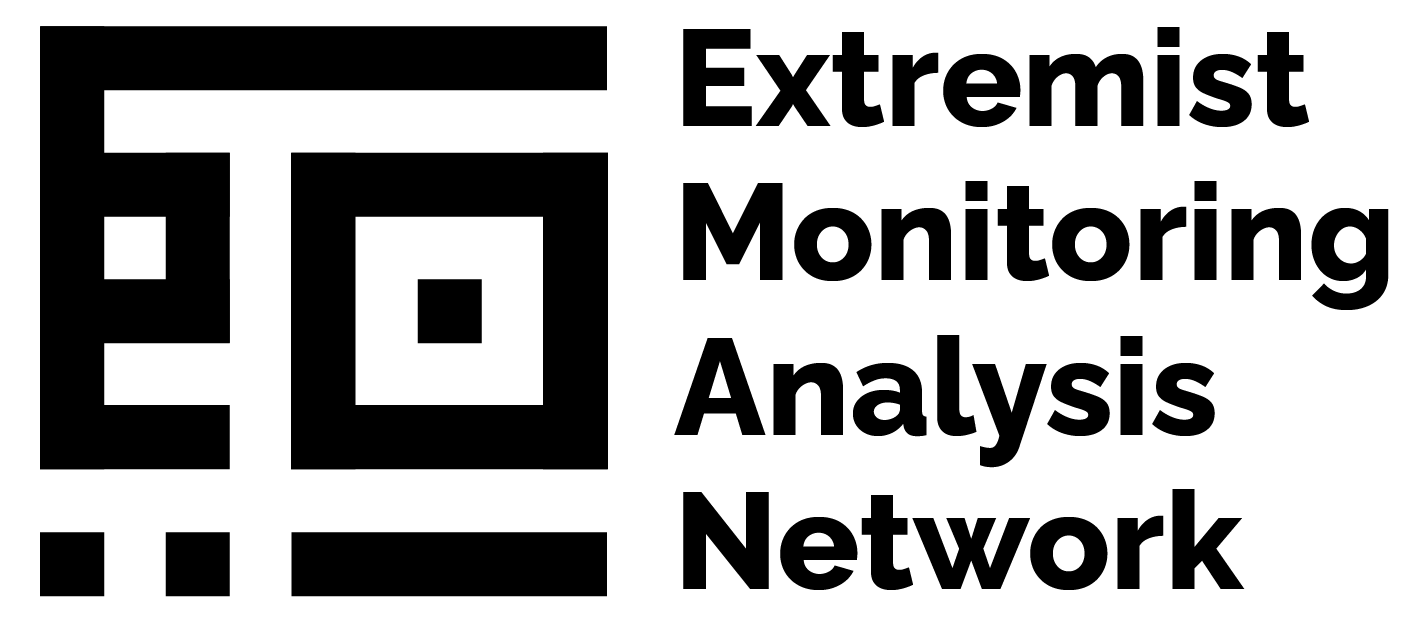Hizb Ut-Tahrir America
Other names: HT America/HTA/The Party of Liberation/حزب التحرير في أمريكا
Type: Political party
Country: U.S
Organisation Ideology: Political Islamism/Islamic supremacism
Founded: Early 1990s
Online Resources
Official website: Hizb Ut-Tahrir America

None
Overview
Just like other Hizb ut-Tahrir (HT) chapters around the world, HT America (HTA) conforms with the overarching objective of Hizb ut-Tahrir - the establishment of an Islamic superstate around the world governed by a stricti interpretation of Islamic law.
Like other western chapters of HT, HTA does not promote violence to achieve these means, nor does it aim for political struggle in the U.S, but, like other HT chapters across the world, has attempted to alienate and indoctrinate some elements of America’s Muslim community in an effort to turn away from loyalty towards America to “loyalty towards the Ummah (Global Muslim community)”.
Ties to Extremism
Like other HT chapters across the western world, particularly with those in the UK and Australia, HTA is adept at promoting its strict and puritanical interpretation of Islam and its calls for a global Caliphate while remaining under the necessary threat level to be banned. Much like HT Britain, HTA leverages its social media platforms to effectively communicate to an English-speaking audience in the U.S. and abroad.
Prior to the first public event held by HTA in Chicago in 2009, HTA was said to have operated clandestinely in the U.S., for fear of being penetrated by US security agencies. Following the Arab Spring and particularly the onset of the Syrian crisis, HTA began staging rallies in support of the “sincere revolutionaries in Syria”, and stating that western governments were colluding with the Syrian regime and Iran against “Syrian Muslims”. It is this rhetoric that has proven effective in the past to lure individuals to join conflict zones in the Middle East, particularly in Syria, where radical Salafi groups often portray and reduce the crisis as a conflict between Muslims and non-Muslims, despite in reality, the conflict being mainly political, and all the majority of combatants on both sides being Muslims.



